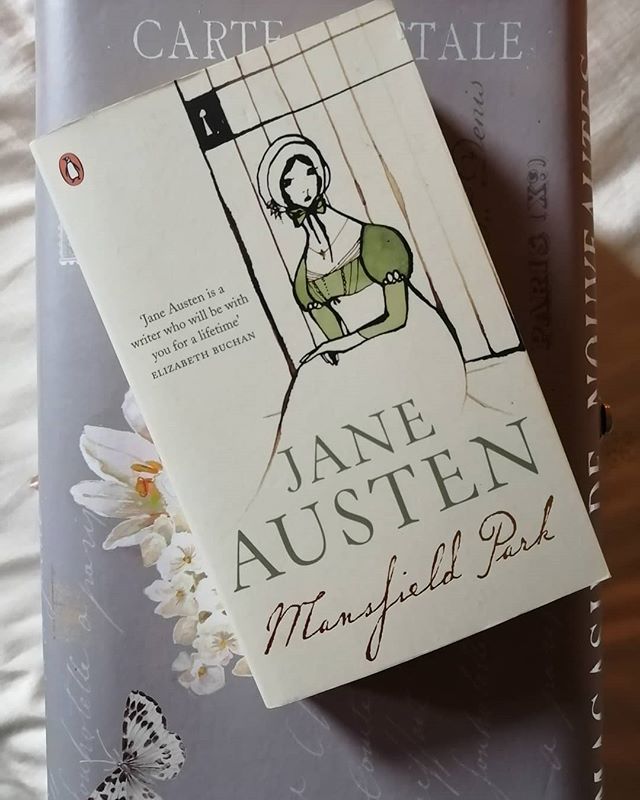Do you ever wonder, when you are writing a series of items, whether or not you are using commas in the correct manner?
In the past, I also used to be unsure about this serial comma, also known as the ‘Oxford comma’ because of its widespread use by the Oxford University Press.
Today I will briefly share what I know about the Oxford comma, where it is used, and how to use it (or not, as the case may be).
It is the comma that punctuates between the second-last and the last item on a list: for example, ‘babies, children, and adults’ has an Oxford comma following ‘children’ and before ‘and’.
There are, in fact, differences of opinion and usage when it comes to the Oxford comma.
The Oxford comma’s standard usage in American English means that if you are writing for an American audience, try including one in your lists of items.
However, it has become less common to use it in British English, with some sources arguing that it can introduce ambiguity in a sentence’s meaning.
Think twice about how the person reading your writing might understand or misunderstand what you are saying. If I write, ‘Lady Bertram, her niece, and Mary Crawford were in the garden’, you might understandably think that Lady Bertram is somebody’s niece.
But if I want to mention that three ladies were in the garden, it might be best, in my opinion, to exclude the Oxford comma here and write, ‘Lady Bertram, her niece and Mary Crawford.’
Jane Austen was certainly very comfortable with using the Oxford comma in her own writing. Here is an actual line from Mansfield Park (1814), which describes Fanny Price’s affection for her kind cousin Edmund and [is] a good example of when the Oxford comma’s use or omission would not affect the sentence’s meaning:
📘 ‘Her sentiments towards him were compounded of all [by all] that was respectful, grateful, confiding, and tender.’
– Jane Austen, Mansfield Park (1814)
✍️ Whether you apply the Oxford comma or not to your writing in the future, make sure that you are CONSISTENT because that is one of the best ways to ensure that your writing is considered professional!




